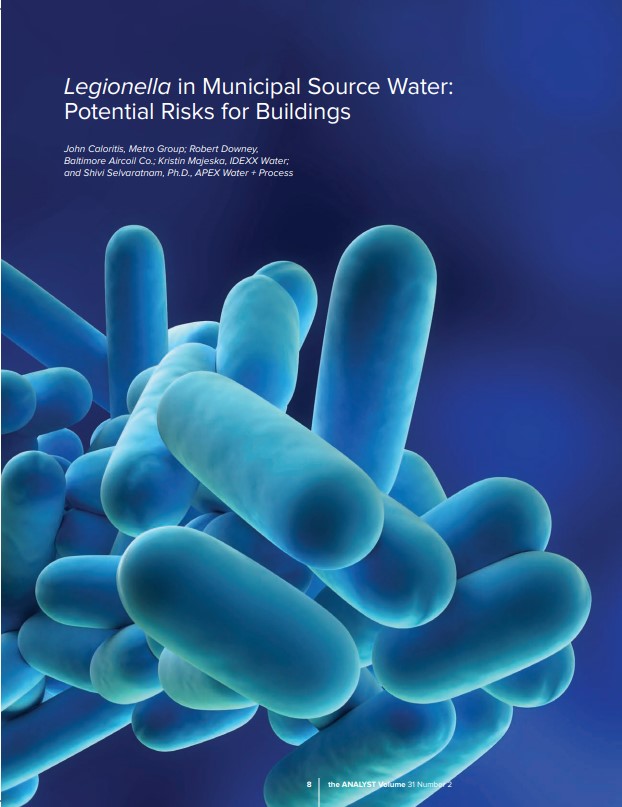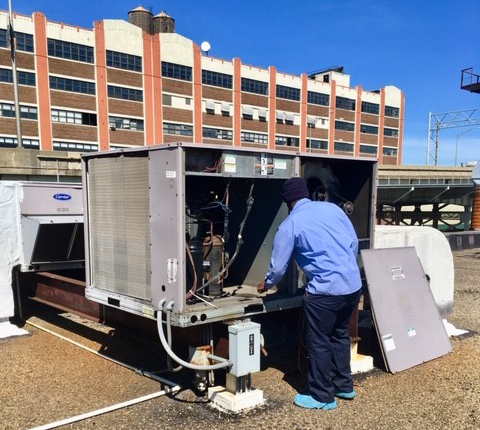
Legionnaires’ disease, a severe form of pneumonia, continues to be a significant public health concern. Recent research has highlighted the potential risks associated with Legionella pneumophila in municipal source water, which can pose threats to building water systems. This study, conducted by members of the Association of Water Technologies’ (AWT) Cooling Water sub-committee, including Metro Group’s Technical Director, John Caloritis, CWT. The article sheds light on these risks and provides valuable insights for water treatment professionals.
Key Findings
The study involved analyzing 137 water samples from points of entry in over 50 buildings across 19 U.S. states and one Canadian province. Here are the notable findings:
- Prevalence of L. pneumophila:1% of point-of-entry (POE) samples were positive for L. pneumophila. In 1.5% of total samples, concentrations exceeded 10 colony-forming units per milliliter (CFU/mL).
- Correlation with Building Water: In one case, L. pneumophila detected at the POE also appeared in outlets within the building.
- Water Quality Issues: Many POE samples exhibited low chlorine residuals, suboptimal temperatures, and pH levels conducive to Legionella growth. Additionally, 14% of heterotrophic plate count results were above EPA drinking water quality standards.
Implications for Water Management
The presence of L. pneumophila in distribution systems underscores the importance of effective water management:
- Public Health Risks: Legionnaires’ disease is increasingly reported, with substantial hospitalization rates and high fatality risks.
- Systematic Assessment: The study complements other research indicating that municipal water systems can harbor L. pneumophila under certain conditions. Factors such as inconsistent disinfectant levels and high temperatures contribute to the risk.
Recommendations for Water Treatment Professionals
Understanding the presence and concentration of L. pneumophila in municipal water supplies can help professionals:
- Develop and implement effective water management plans.
- Recommend control programs to mitigate risks associated with waterborne pathogens.
Conclusion
This study provides critical data to enhance our understanding of Legionella risks in municipal water systems. For a more in-depth look at the findings and their implications, check out the full case study.
Contact us for more information on managing water quality and preventing Legionella risks and get a FREE quote on any of our water treatment services today.


